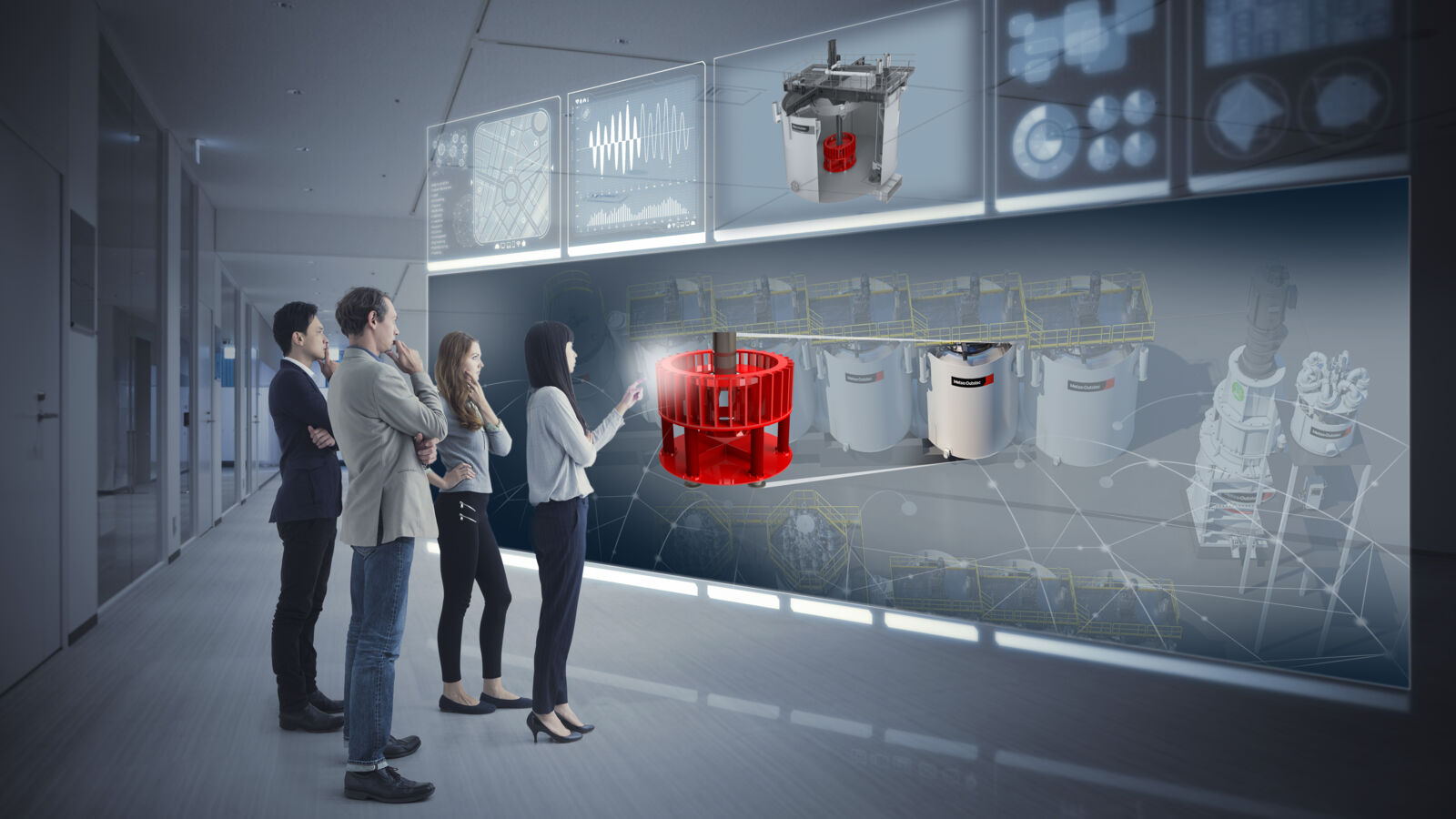
Aiming for a smaller environmental footprint
Developing our environmental efficiency is a continuous process. Sustainable use of resources underpins the long-term success of our business. A global operating environment brings opportunities and risks that we must recognize throughout our value chain.
The environmental impacts of our own operations consist mainly of energy consumption, atmospheric emissions, water consumption and waste generation. These impacts are created through operational activities in our manufacturing sites, research centers, laboratories and service centers. We also have processes to follow and targets to reduce the indirect environmental impacts of the external activities such as procurement and logistics.
We have ambitious CO2 reduction targets
We have ambitious CO2 emission reduction targets for our own operations: we are targeting net zero emissions by 2030. In logistics, we target a 20% reduction in CO2 emissions by 2025 from 2019 baseline. We also aim to reduce our water consumption by 15% per employee in water-scarce locations and to reduce the volume of waste sent to a landfill by 90% by 2030 (both compared to 2021).
Achieving net-zero CO2 emissions by 2030 will mainly result from equipment electrification, using renewable energy sources, and optimizing the energy, water consumption and waste efficiency of individual production processes. Our long-term goal is to switch heating systems from fossil fuels to electricity. In our foundries, we are working to find alternatives to natural gas and LPG.
To reach the net-zero goal, we are actively pursuing decarbonization initiatives across our operations. These efforts primarily involve reducing reliance on carbon-based energy sources within Metso’s own facilities by:
- Optimizing processes at its manufacturing sites by reducing energy consumption and improving overall efficiency
- Electrification of equipment, especially by choosing cleaner energy alternatives
- Purchasing energy from low-carbon or carbon-free sources


Water and waste in our own operations
We have targets in place for all our sites to reduce water use and waste to landfill. We are committed to reducing water consumption in our own operations in water-scarce locations and to fulfilling all local environmental legislation requirements for water consumption and effluent quality management in accordance with local environmental permits.
Several of our locations are situated in water-scarce areas in India, China, Chile and Mexico. Each location has water management action plans in place to decrease water consumption. Process developments at our sites and the adoption of new technologies reduces water use and increases water recycling in the production process, decreasing the need to withdraw more raw water.

Topic | KPI | Long-term goals | Target for 2024 | 2024 | 2023 | Progress |
|---|---|---|---|---|---|---|
| Metso Plus offering and innovations | Metso Plus Sales | Grow our Metso Plus sales faster than overall sales | Grow our Metso Plus sales faster than overall sales | EUR 1,261 million | EUR 1,515 million | Below target |
| Metso Plus offering and innovations | R&D projects with an energy efficency, emissions, circularity, water, or safety target | 100% of R&D projects’ spend on projects with energy efficiency, emissions, circularity, water, or safety target | 100% of R&D projects’ spend on projects with annual energy efficiency, emissions, circularity, water, or safety target | 97.5% | 99.8% | Below target |
| Environmental efficiency in operations | CO2 emissions: Production (scope 1 and 2 ) | Net zero by 2030 | Decrease CO2 emissions by 72% compared to 2019 | 33,799 tCO2e | 31,463 tCO2e | -72% (compared to 2019) |
| Environmental efficiency in operations | CO2 emissions: Logistics | Decrease CO2 emissions from logistics by 20% by 2025 compared to 2019 | Decrease CO2 emissions by 20% by 2025 compared to 2019 | 152,000 tCO2e | 168,000 tCO2e | -13% (compared to 2019 ) |
| Environmental efficiency in operations | Suppliers’ SBT CO2 emission targets | 30% of direct procurement spend is with suppliers that have a science-based CO2 emission target (SBT) by 2025 | 25% of direct procurement spend is with suppliers that have a science-based CO2 emission target (SBT) | 31.6% | 24.3% | Above target |

